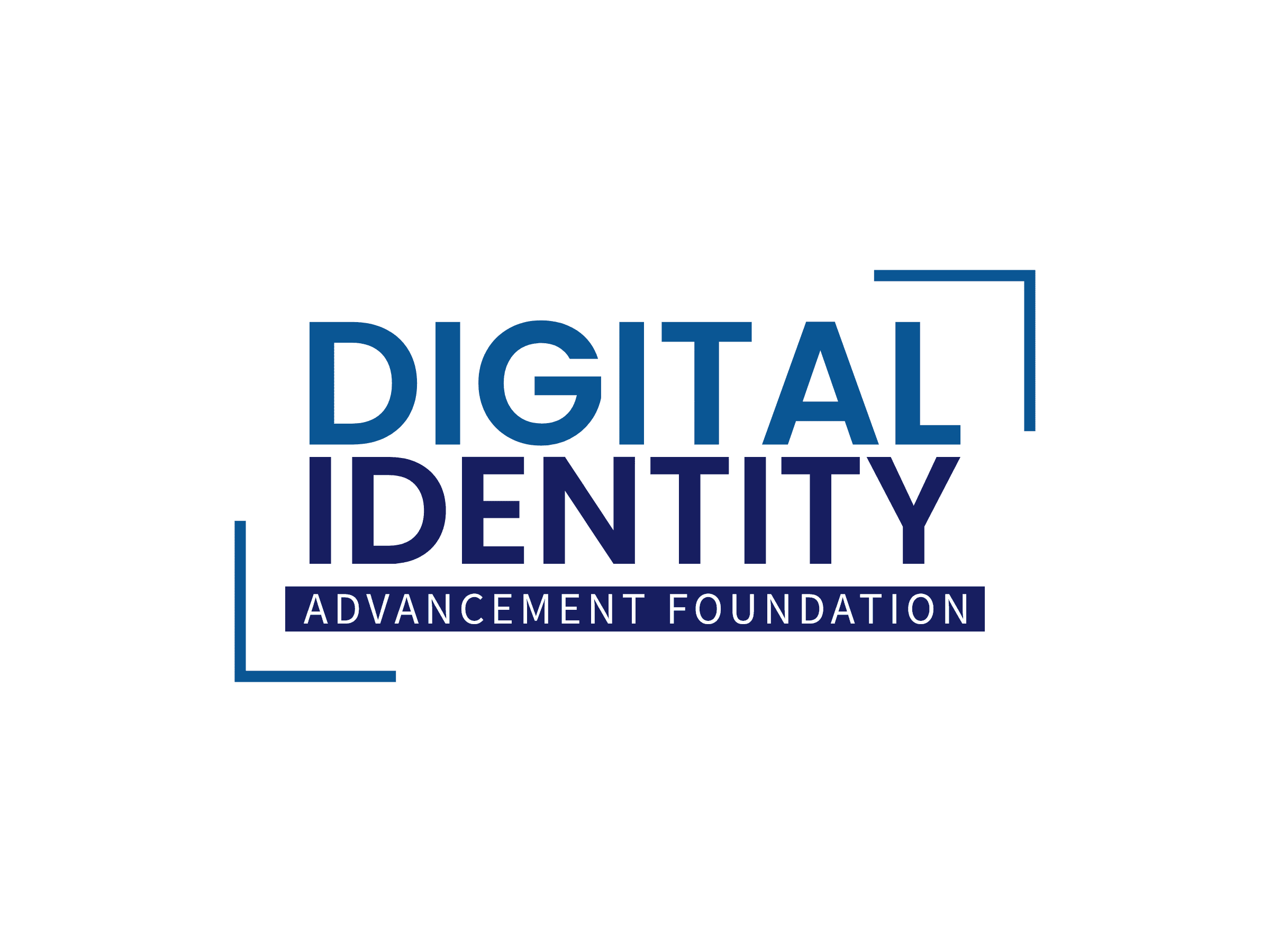A Joint Session with IDPro at IIW XXXIX



The Digital Identity Advancement Foundation had the pleasure of attending IIW XXXIX this October, where Erick Domingues (2024 Vittorio Bertocci Award winner) and Elizabeth Garber called a joint session with Heather Flanagan, Executive Director of IDPro. They got a group together to discuss the challenges of building the Identity Practitioner Pipeline – and what we can do about it.
TLDR:
The Nature of the Challenge
No one person is an expert in this industry as a whole.
We call it an “Industry,” but really Identity touches every industry: in its 2023 review of the Digital Identity landscape, Liminal identified 32 industry segments that all operate in this space. They are overlapping and interdependent – and all of them require a deep bench of experts to function. Organizations in this space need extensive knowledge of tech and cybersecurity practice; they need privacy specialists and legal expertise; it helps to have those with a deep appreciation for ethics and the philosophy of identity.
A lot of people don’t know they’re in identity.
The dissipation of this industry across all others means that there are a lot of people out there who work somewhere in this field but do not identify with “identity.” Perhaps they are cybersecurity professionals, sysadmins, database administrators, or any manner of role. This industry would benefit from bringing them into the community – learning from and sharing with them over time.
The learning curve keeps getting steeper.
As technologies evolve, the learning curve becomes that much steeper. The latest standard (for example) refers to a litany of standards that, in turn, reference even more. For those who were not there at the beginning, this knowledge can be hard to come by. It can make showing up – to a new job, new challenge, new WG – very, very intimidating.
For many, it also makes the idea of onboarding someone intimidating. It is difficult to unpack implicit knowledge and, for a lot of people, it’s even harder to teach. But with many world-class practitioners moving on, how do we ensure that the industry retains the deep expertise it needs to ensure identity systems are designed and managed for the very best human outcomes?
Solutions!
In true IIW form, the group quickly got into solution mode and identified some specific actions that different organizations can take to invite practitioners into the pipeline and guide them through it.
Creating & Integrating Opportunities:
One government agency publishes a bulletin that targets universities, academics, and students who might require grant funding for further research or build out a start-up concept. They coordinate with all government agencies with a stake in biometrics.
Internal Moves
Identity Practitioners inside organizations can create opportunities for “identity curious” or “identity adjacent” individuals to solve problems or engage in an identity challenge. This may come via short-term projects, secondments, or other creative ways to introduce these new skills.
New Voices in Standards
Standards are especially hard to get into. A person needs to be willing to join a random call with global experts who have been working in this space for decades. Many of those experts are highly, um, opinionated. While this may be one of the most inclusive spaces professionally, it doesn’t feel like it on day 1 – and there is a whole lot to learn. The group argued that standards bodies would really benefit from finding productive ways for new people to engage, e.g., campus placements, apprenticeships, internships.
This might look like creating formal mechanisms for first-timers to help a WG where they need it most: project management, issue tracking, agenda-setting, etc.
Reproducible Learning Paths
Organizations and standards bodies will benefit from industry-leading practitioners coming together to define reproducible learning paths that improve outcomes for new team members joining the identity industry. IDPro’s Body of Knowledge is one such (highly valuable) resource that can continue to develop and grow to meet this need – as long as members of the community are able to contribute the lessons from their practical experiences.
Mentorship
Finally, the session discussed the value of formal and informal mentorship. They considered access to the wider identity community to have added significant value to them personally (noting, of course, that this is a self-selecting group that chooses to go to IIW and engage with the wider identity community). Having opportunities to interact with, engage, and ask questions of thought leaders really matters to people. So do the ongoing relationships and friendships that they yield.
The Digital Identity Advancement Foundation is proud to provide exceptional people with access to these spaces by offering:
What should you do…
Whatever you have to offer the “identity curious” out there, we encourage you to get involved in this work and to look for ways to mentor people in your own lives and organizations.
Or, if you are seeking ways to break into this industry, please get in touch with the folks at DIAF or IDPro today.

Leave a Reply